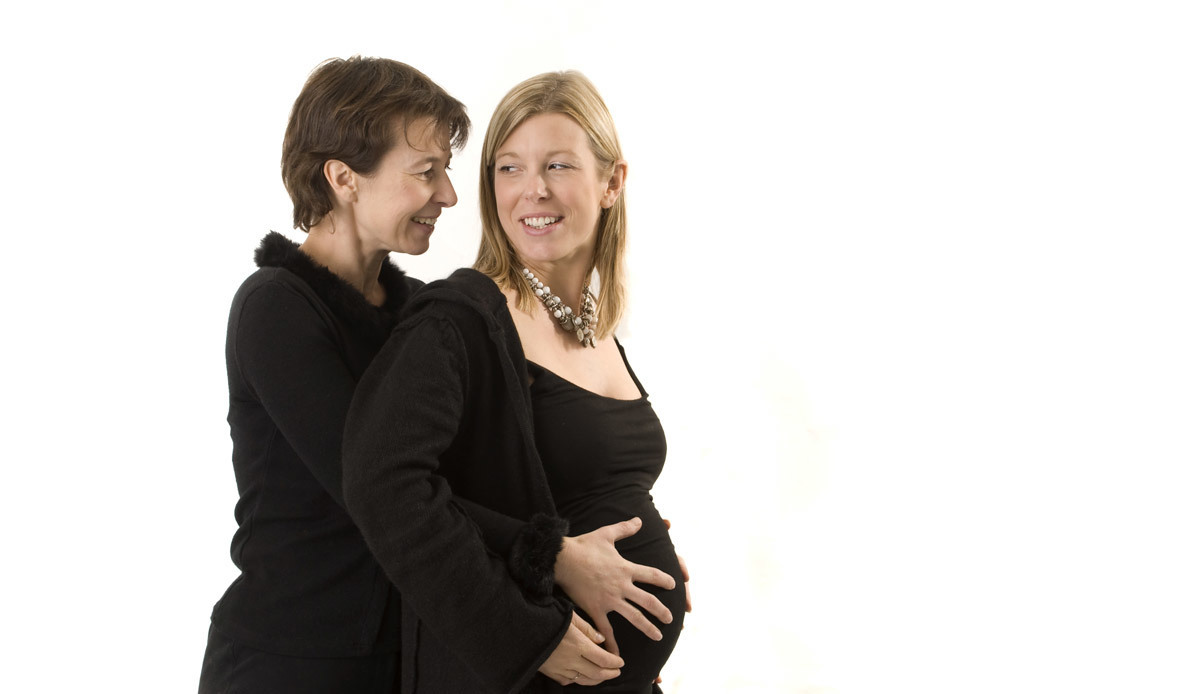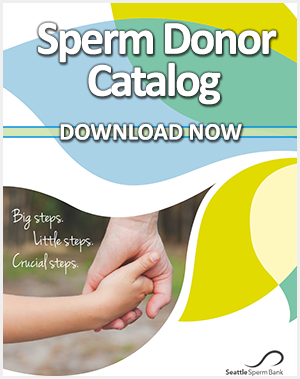By Rita Sneeringer, MD
Reproductive Endocrinologist
Boston IVF
All women deserve the opportunity to experience parenthood. For me, it’s a very special honor to support women through fertility treatment as they grow their families, and I’m continuously in awe of the strength and resilience of each patient that comes through my door.
Encouraging my patients to become as informed as possible is one of the most important ways I advocate for women. There is no one ‘right’ way to create a family – and the more you understand about your options, the better able you will be to make the right choice for you.
This is especially true if you are women in same-sex relationship and cannot become pregnant through heterosexual intercourse. Instead, medical intervention and fertility treatments are necessary to conceive. It is here where the “knowledge is power” mantra rings true, because the more you know, the more confident you will feel as you move forward with treatment.
In that vein, I thought it would be helpful to list some fast facts to support same-sex female couples who are interested in exploring pregnancy.
Fertility Questions to Ask Yourself and Your Partner
- The biggest fertility challenge for same-sex female couples is in choosing their most fitting fertility option, and deciding whose eggs and whose sperm to use. The good news is that there are plenty of options! Whether IUI, IVF or PAR (see definition below), it’s often just a matter of selecting which option feels right for both you and your partner.
- When deciding whose sperm to use, the vast majority of my patients use anonymous sperm (via our close partnership the Seattle Sperm Bank). All you have to do is select an online donor profile, place an order online, and your fertility team takes care of the rest. It’s quite convenient, and cost-effective as well. Seattle Sperm Bank prices are fantastic and the lowest in the marketplace, which certainly helps!
- Individuals and couples undergoing standard IVF choose to use the eggs of the partner who will carry the baby. Partner Assisted Reproduction (PAR)/Reciprocal IVF, on the other hand, allows both parents to have a biological relationship to a child. One partner provides the egg, which is fertilized with an anonymous or known donor sperm – and the resultant embryo is transferred into the other partner, who then becomes pregnant.
Your First Steps
You don’t need to have an exact plan prior to meeting with your fertility doctor. Again, the most important thing is to familiarize yourself with your options.
My patients and I discuss their fertility options together at the initial consultation, which is the first step in the path to parenthood. Here we discuss the questions of whose eggs and whose sperm you plan to use, your medical history, your overall family-building goals, and donor sperm options.
After this first consultation, we will help to schedule an initial round of fertility testing that will provide important insight for developing a treatment protocol that meets the goal of both yourself and your partner.
Make Your Dream a Reality
As you move through your fertility journey, know that you have the support of both your clinicians and the team at Seattle Sperm Bank! Their sole mission is for you to become the parent that you were meant to be!
Some parting advice for you; always ask questions! It’s why fertility experts exist! No question is considered silly and no set number of questions will be considered too many. Knowledge really is power!
ABOUT RITA SNEERINGER, MD
Dr. Rita Sneeringer is a reproductive endocrinologist at Boston IVF, one of the most experienced fertility centers in the nation. She is double board-certified in Obstetrics and Gynecology/Reproductive Endocrinology and Infertility.
Dr. Sneeringer specializes in all aspects of infertility care. In addition to her role at Boston IVF, she is a Clinical Instructor at Harvard Medical School.



